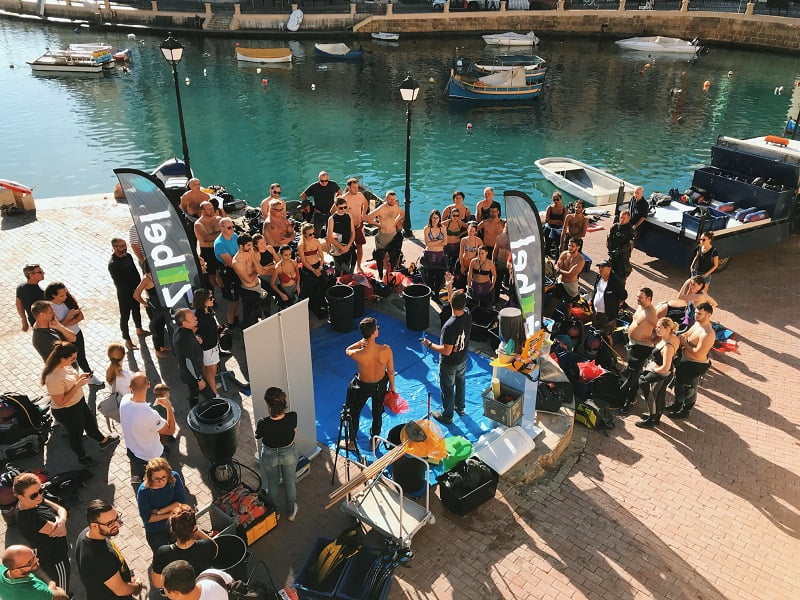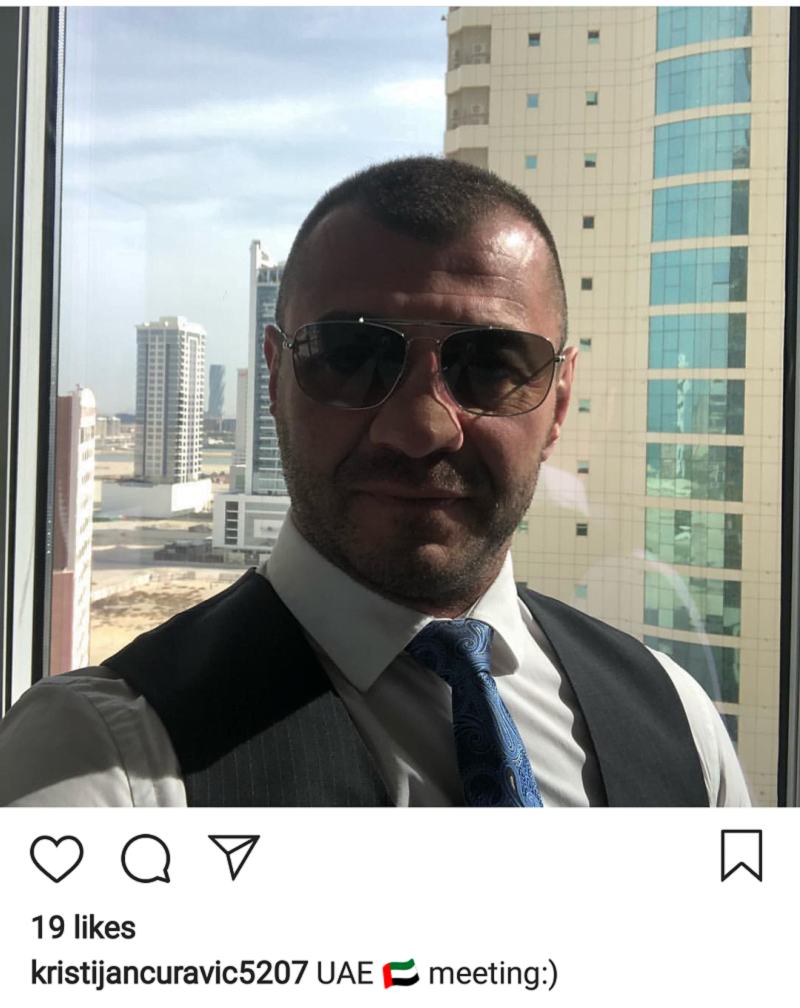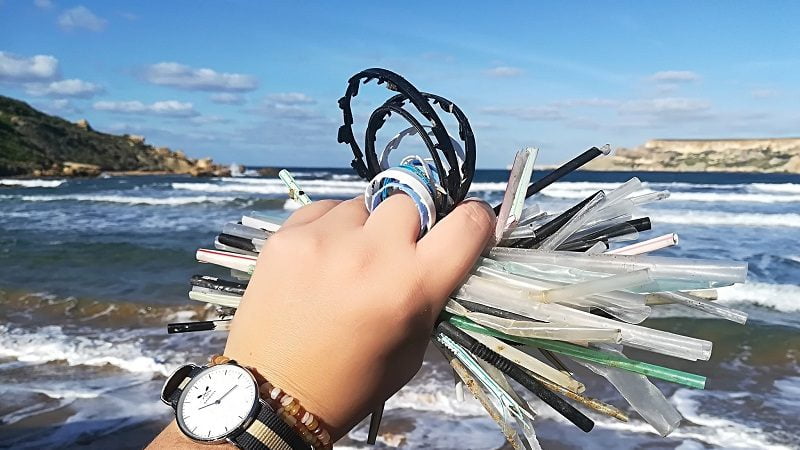We are facing a not too distant future where our seas will contain more plastic than fish if current trends remain unchecked.
It is estimated that by 2050, the ocean will contain over 1.8 trillion pieces of plastic taking over the environment, the World Economic Forum (WEF) in Davos heard this week. The new statistics emerged in a new study by the WEF and the Ellen MacArthur Foundation.
Over 100,000 marine animals die every year from plastic-related injuries but there is still hope that things can be turned around if the right solutions are applied by governments, but also by members of the public, sooner rather than later.
One example mentioned was in Peru where citizens mobilised over 10,000 volunteers to clean the beaches which prompted the government to make significant changes to national policy and laws regarding single use plastics and recycling.
In Malta, thousands of volunteers do regular clean ups at the country’s beaches and countryside. The results are always shocking, but there is little change in attitudes and behaviour.

Clean Up at Spinola Bay by volunteers organised by local group Żibel.
The United Nations Special Envoy for the Ocean, Peter Thomas, weighed in on the political responsibility that governments have in terms of the environment, stating:
“The difference between a politician and statesman is that a statesman is a politician who thinks of his children and grandchildren. Current trends show that at the moment, we are condemning our grandchildren to difficult times.”
The attitude and approach of the Maltese government is reflected in its decision to support the controversial White Flag scheme, meant to denote a plastic-free environment.
The Environment Minister was forced to admit that no due diligence had been conducted before its endorsement was offered. This followed revelations by The Shift News that the scheme was led by a Croatian with a trail of failed projects in other countries, and facing accusations of fraud abroad.

Court proceedings against Kristijan Curavic in Croatia, to recoup money given to him, are ongoing. Curavic has denied the charges.
The Shift News published conversations with sources within private companies sponsoring the flags, showing that €25,000 were transferred to an account in Zagreb, Croatia.

The conversation with one of the sources on money paid by private sponsors for White Flags to a Zagreb account.
It led to outrage, confirming doubts by environmentalists in Malta on the whole scheme promising plastic-free beaches. Doubts remain on whether the money given to representatives of the White Flag was actually invested in environmental protection.
The Gozo Ministry committed close to €8,000 from taxpayers’ money for White Flags in Gozo, a parliamentary question revealed. The Ministry had refused to reveal the amount spent when asked by The Shift News, saying only that the Ministry had sponsored two flags while an additional flag was funded by private sponsors.
Curavic continues to post photos on his social media account of him jet-setting around the world, with photos in Turkey, Monaco and the United Arab Emirates published only last week, raising further questions on how his funding was being spent.

With seemingly no real team in Malta to implement the monitoring and clean ups of the seven White Flag beaches on the islands, it is also unclear how White Flag International is meeting commitments to the government and to sponsors.
But his regular social media posts of photos of him with a line up of Ministers continue – a reminder that he has friends in high places in Malta.
The scheme has been criticised by environmental NGOs, as well as Malta’s Ocean Ambassador Alan Deidun who severed ties with representatives saying they have “no credentials”.
Such doubts on the scheme cast a shadow on a very real problem that needs real solutions. The efforts of thousands of NGOs clean the countryside and the sea bed are genuine initiatives that deserve government backing. Consumption patters must also be changed.
As well as the local clean up groups, there are over 60 dive centres in Malta and Gozo that also organise clean ups regularly. Malta Clean Up, an NGO that has organised clean ups and worked with over 60 local councils and thousands of volunteers for the last seven years in Malta, raised serious concerns on the government’s support for the project.
The NGO published a list of concerns, saying it was time for Herrera to answer the questions on the project the organisation sent him last March.












